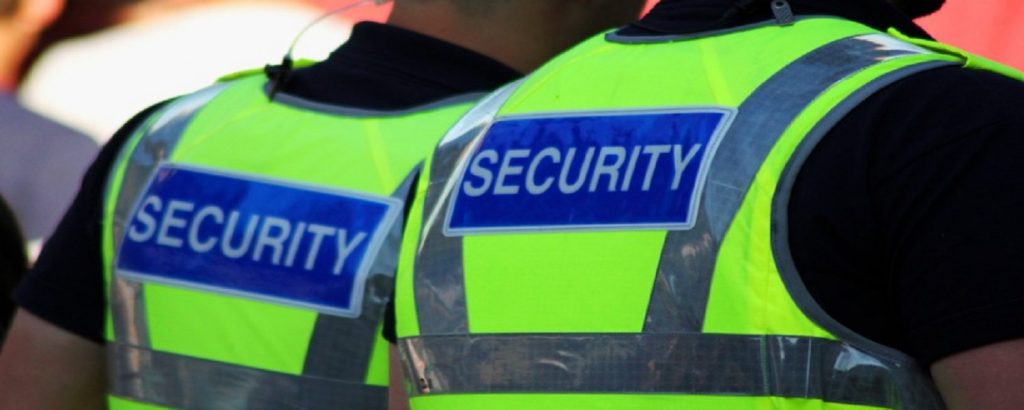In order to provide quality security services, all security personnel must receive proper training. There are various types of training that security personnel may undergo, depending on the nature of their job and the specific requirements of their employer. However, all security personnel must receive basic training in order to perform their duties effectively. Basic training typically includes instruction on legal issues, such as laws related to the security industry and the use of force. It also covers basic safety procedures, first aid and CPR, communication skills, customer service, and the use of security equipment. Security personnel may receive instruction on report writing, crime prevention, and the recognition and response to suspicious activity. Training may also include instruction on the use of security protocols in certain situations, such as responding to an active shooter.
- Basic Training:
All security personnel must receive basic training in order to perform their duties effectively. Basic training covers a variety of topics, including customer service, report writing, first aid, and emergency procedures. Basic training is typically provided by the security company that employs the security personnel.
- On-the-Job Training:
In addition to basic training, Corona security personnel may also receive on-the-job training. On-the-job training allows security personnel to learn the specific procedures and protocols of their job. On-the-job training is typically provided by a supervisor or other experienced security personnel.
- Advanced Training:
Security personnel may also receive advanced training, depending on the nature of their job. Advanced training may cover topics such as self-defense, use of force, and emergency response. Advanced training is typically provided by the security company that employs the security personnel.
- Certification:
In some cases, security personnel may be required to obtain certification in order to perform their duties. Certification may be required for certain types of security jobs, such as armed security. Certification is typically provided by a professional organization or government agency.
- Continuing Education:
Security personnel may also be required to participate in continuing education in order to maintain their skills and knowledge. Continuing education may cover topics such as changes in security procedures, new technology, and legal updates. Continuing education is typically provided by the security company that employs the security personnel.
- Training for Specialized Positions:
Security personnel may also receive training for specialized positions, such as canine handler or bomb technician. Training for specialized positions is typically provided by the security company that employs the security personnel. Security personnel assigned to a school may be trained in topics such as responding to school shootings and conducting active shooter drills.
Conclusion:
Security personnel must receive proper training in order to perform their duties effectively. Basic training is typically provided by the security company that employs the security personnel. In addition to basic training, security personnel may also receive on-the-job training, advanced training, certification, and continuing education.


Comments are closed.